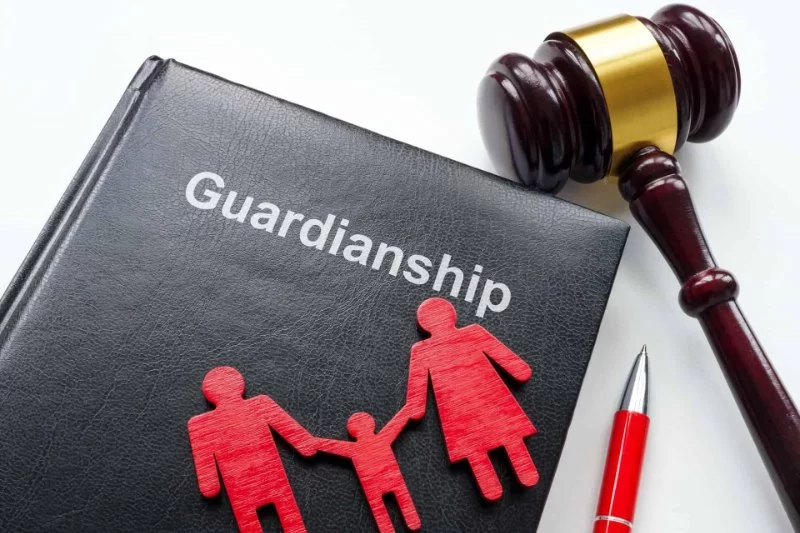
- what-is-probate
- steps-in-the-probate-process
- the-role-of-the-executor-or-administrator
- common-challenges-and-how-to-overcome-them
- real-case-how-one-family-navigated-probate
- why-legal-guidance-matters-in-probate
1. What Is Probate?
1.1 Definition and Purpose
Probate is the legal process of validating a deceased person’s will, paying debts, and distributing assets to heirs. It ensures that all legal and financial matters are addressed before assets are passed on. The court oversees this process to protect all parties involved.
1.2 When Is Probate Required?
Not every estate goes through probate. It depends on the type of assets left behind and whether the deceased had a valid will or used other estate planning tools like living trusts. If an estate contains solely jointly owned assets or named beneficiaries, probate may not be necessary.
2. Steps in the Probate Process
2.1 Filing the Petition
The probate journey begins with filing a petition in the probate court. This formal request opens the estate and often includes submitting the will. Once the court accepts it, it appoints a personal representative—either named in the will or assigned by the court.
2.2 Notification and Inventory
All heirs and beneficiaries must be officially notified. The executor is also required to create an inventory of the deceased's assets, including property, bank accounts, investments, and personal belongings.
2.3 Settling Debts and Taxes
Before heirs can receive their share, the estate must pay off outstanding debts and taxes. This may involve selling assets to meet obligations. Tax filings include federal estate taxes, if applicable, and the final personal income tax return of the deceased.
2.4 Distributing the Estate
After debts and taxes are cleared, the remaining assets are distributed according to the will—or by state law if there is no will. This step marks the official closing of the estate.
3. The Role of the Executor or Administrator
3.1 Responsibilities and Duties
The executor plays a pivotal role in the probate process. Their duties include managing the deceased’s finances, communicating with the court, protecting estate property, and distributing assets. It requires both legal and financial competence, as mistakes can delay the process or create legal issues.
3.2 Executor vs. Administrator
If the deceased named someone in the will, that person becomes the executor. If no one was named or no will exists, the court appoints an administrator to fulfill the same responsibilities. In both roles, trustworthiness and organizational skills are crucial.
4. Common Challenges and How to Overcome Them
4.1 Family Disputes
Probate often stirs emotional conflict. Disagreements about the will’s validity or asset distribution can prolong the process. Mediation and clear communication help resolve these issues. Having a neutral third party, like an attorney, is often essential.
4.2 Asset Complexity
Some estates include business interests, overseas property, or digital assets, making them difficult to evaluate or distribute. In such cases, a professional probate lawyer helps ensure compliance with all legal protocols.
4.3 Unexpected Debts or Claims
Sometimes creditors or long-lost heirs appear during the probate process. If not handled correctly, these claims can reduce the estate’s value or lead to lawsuits. Verifying all claims is essential before distribution.
5. Real Case: How One Family Navigated Probate
5.1 The Stevens Family Experience
When Mr. Stevens passed unexpectedly, his three adult children were left to handle his estate. With multiple properties, a business, and no updated will, the probate process initially felt overwhelming. They turned to a probate attorney, who guided them through each step.
5.2 The Outcome
Despite early confusion and minor disputes, the process wrapped up within 12 months. Thanks to professional guidance, they avoided costly mistakes and preserved their father's legacy. The family later shared their appreciation for understanding the probate process upfront—it made all the difference.
6. Why Legal Guidance Matters in Probate
Probate can be legally dense and emotionally draining. Having a trusted legal partner ensures compliance, protects against disputes, and shortens timelines. At ESPLawyers, we believe families deserve clarity and compassion during these moments. Our probate attorneys specialize in making the process smoother and less stressful.
If you're facing the probate journey or simply want to be prepared, our team at ESPLawyers can walk you through your options and provide tailored estate solutions to protect what matters most.








